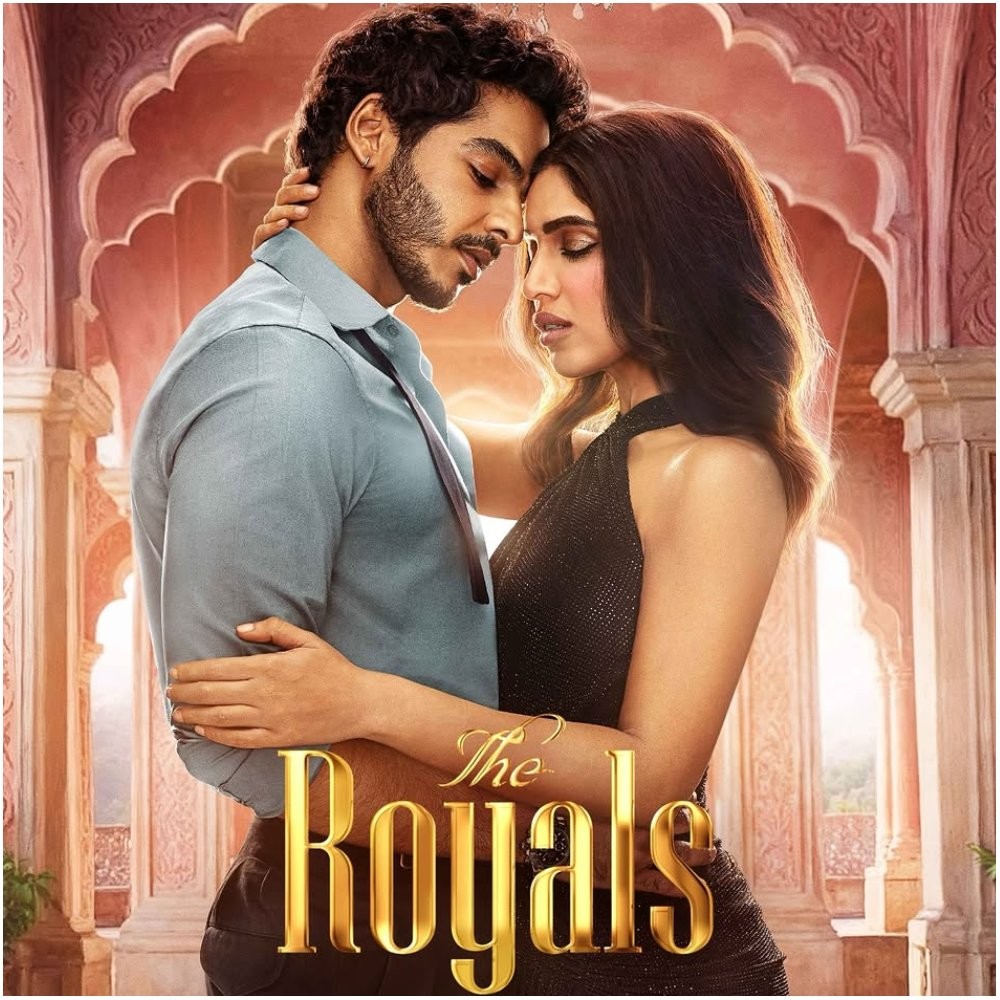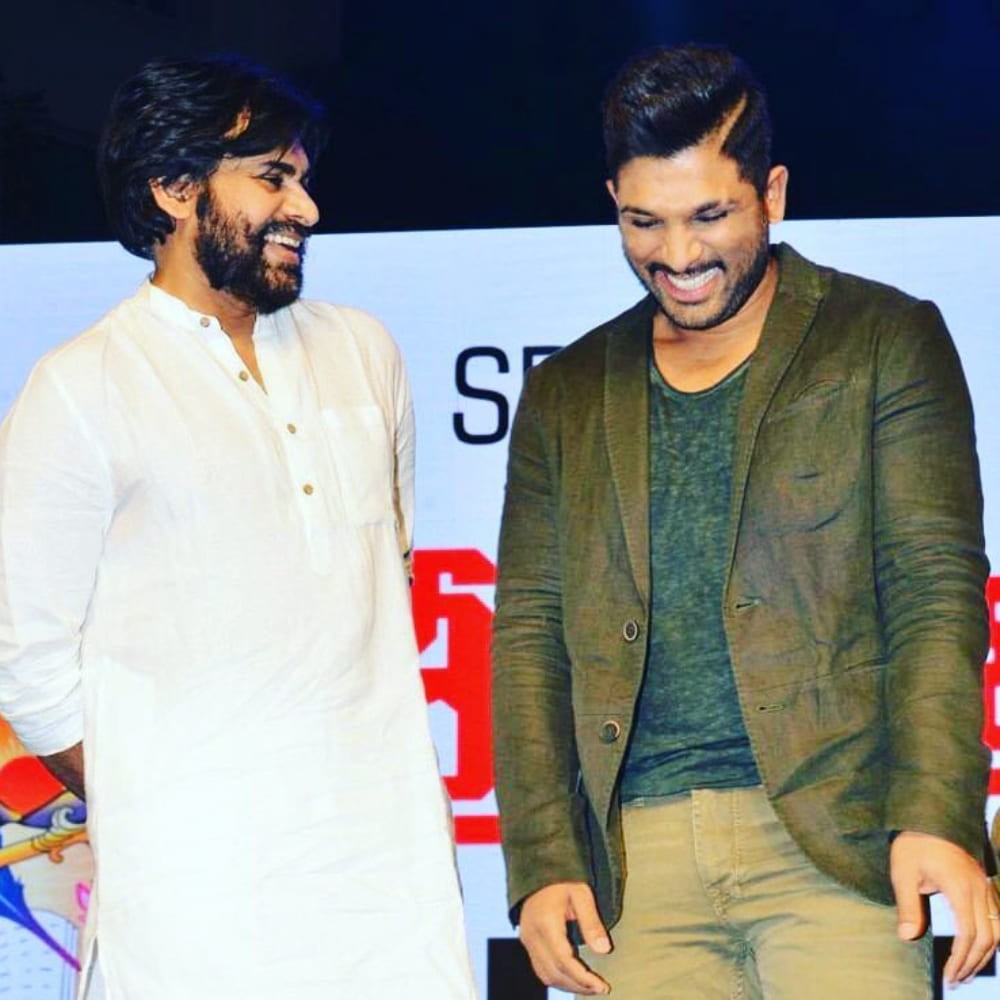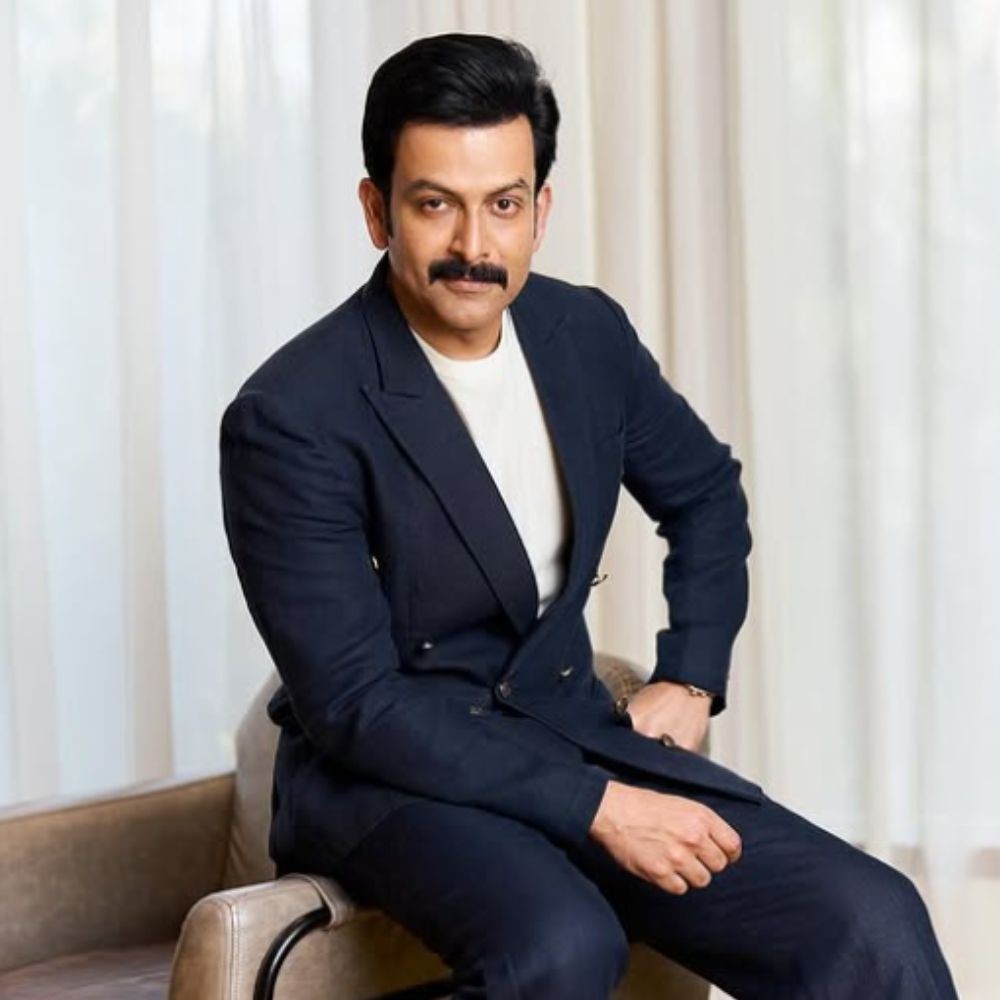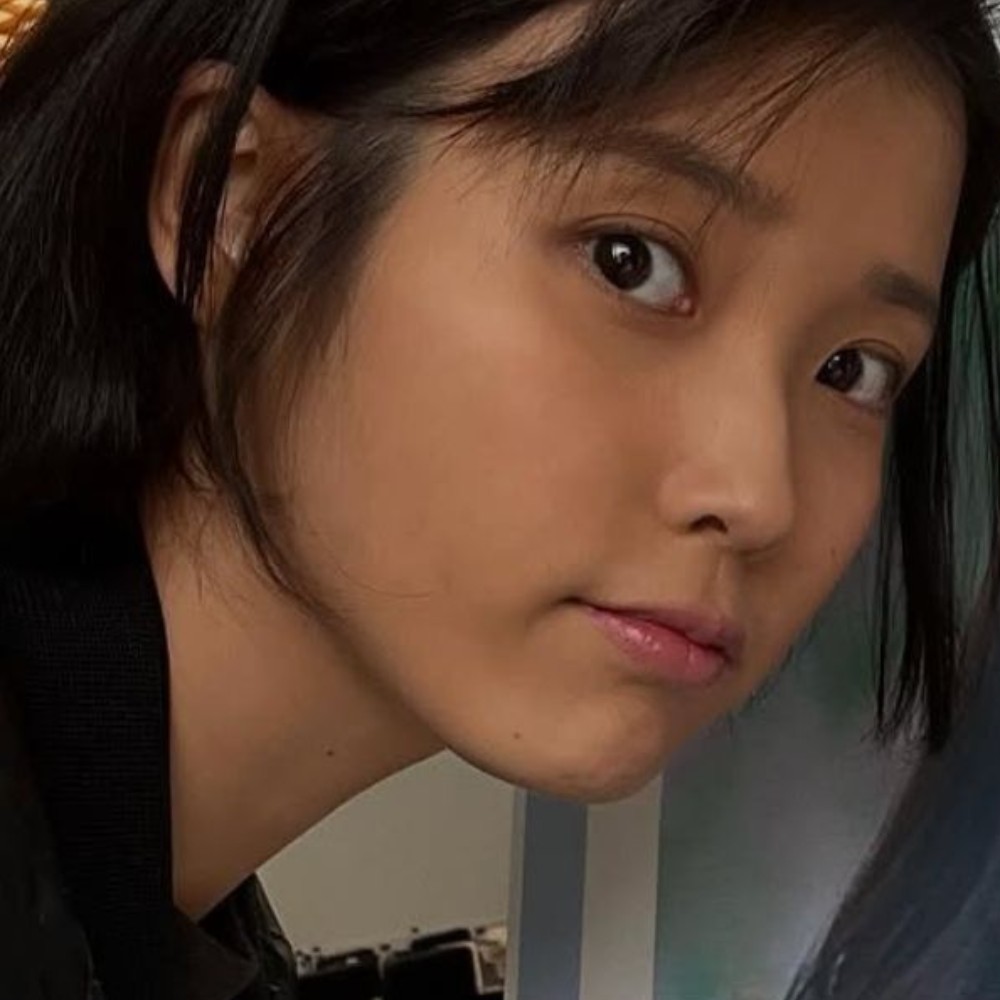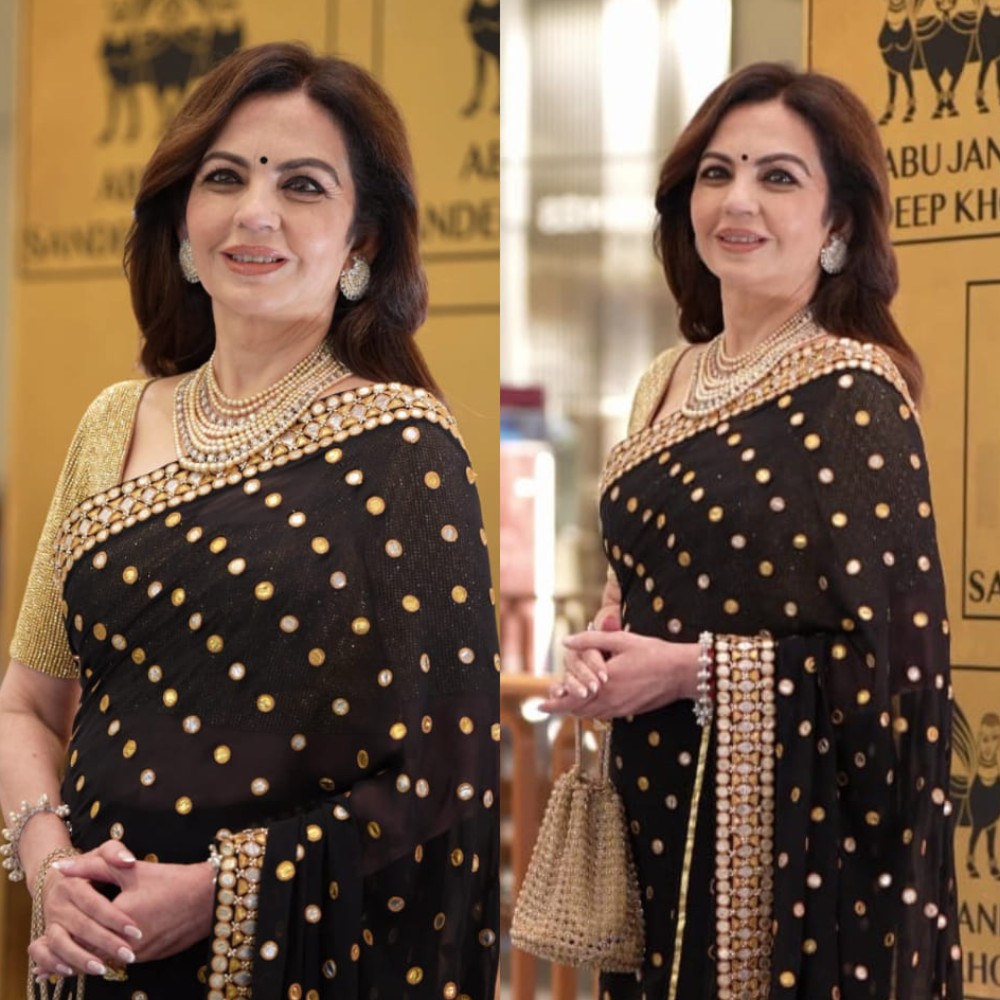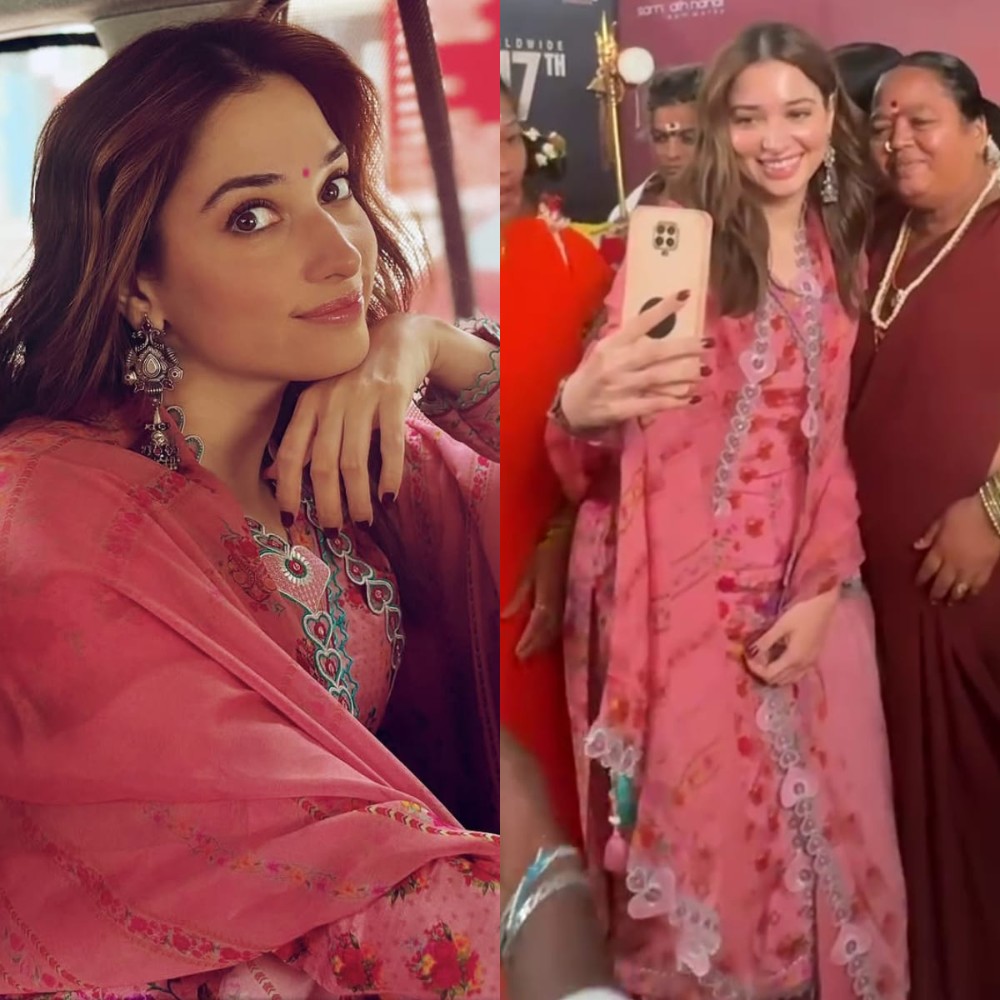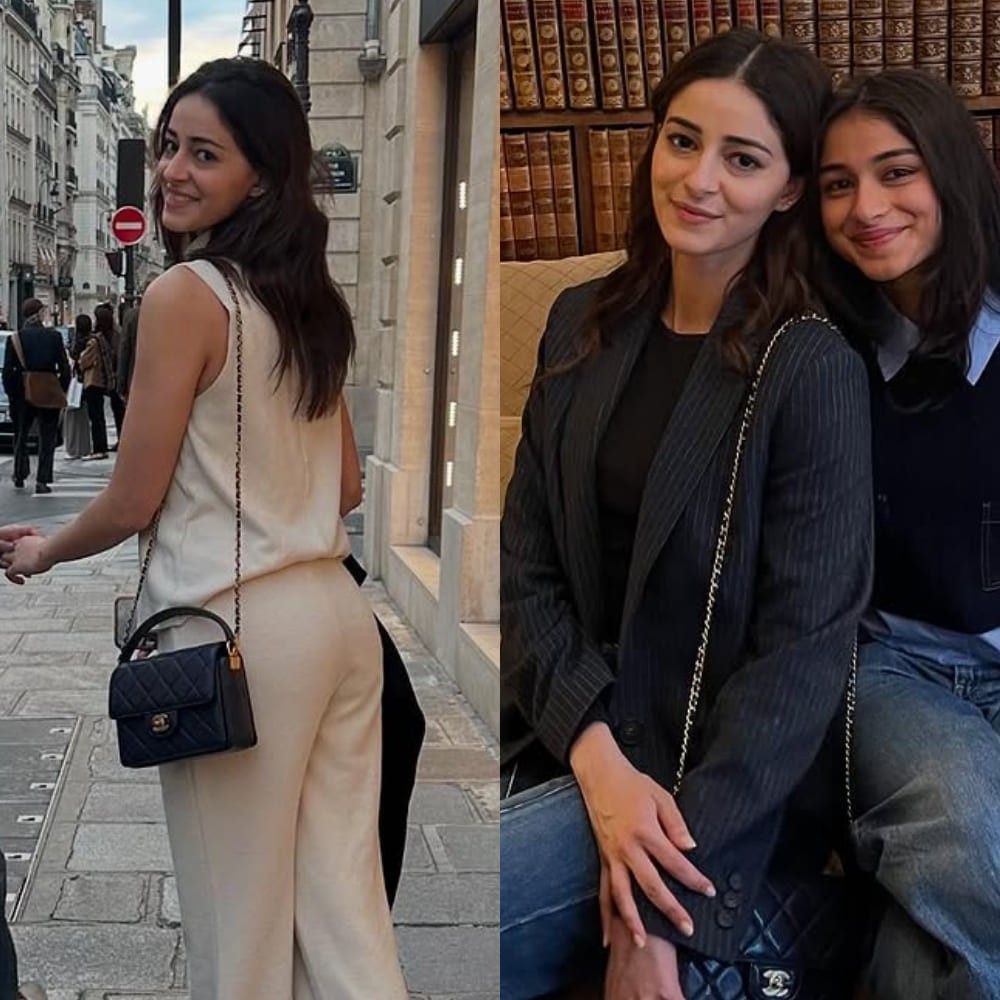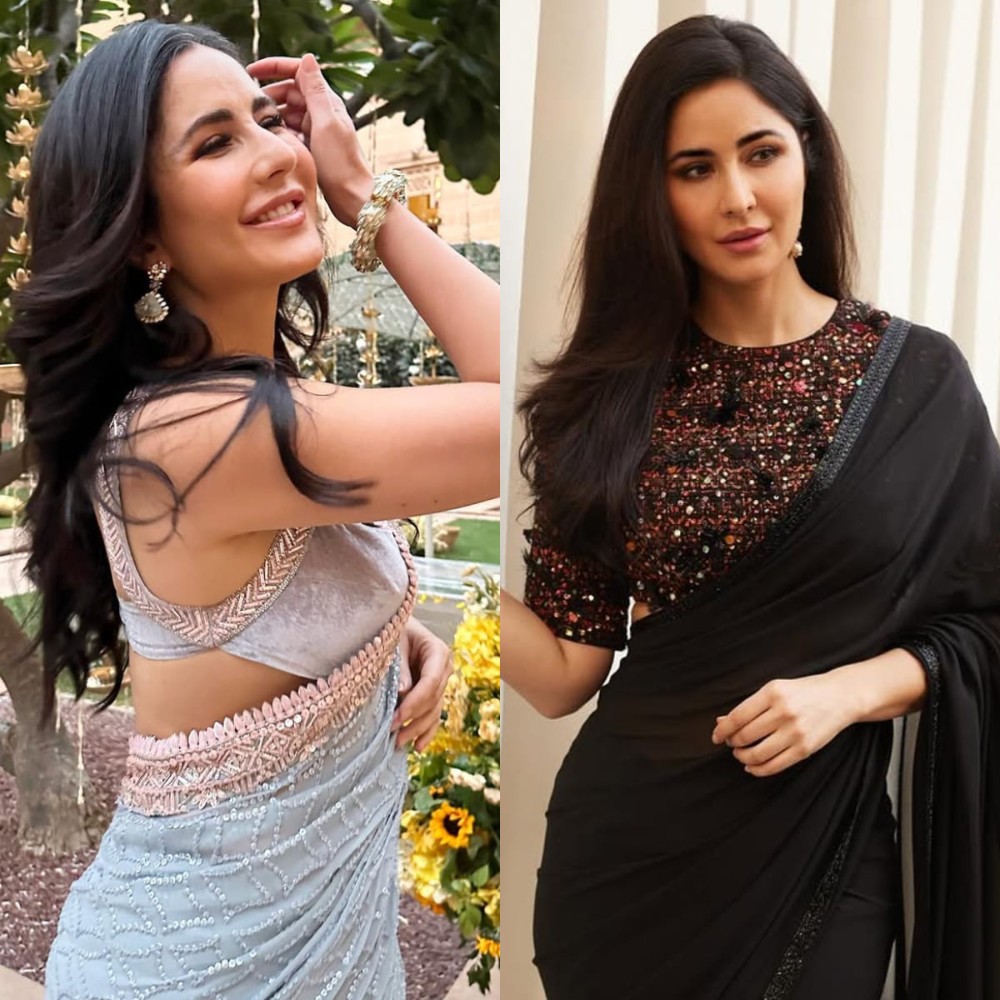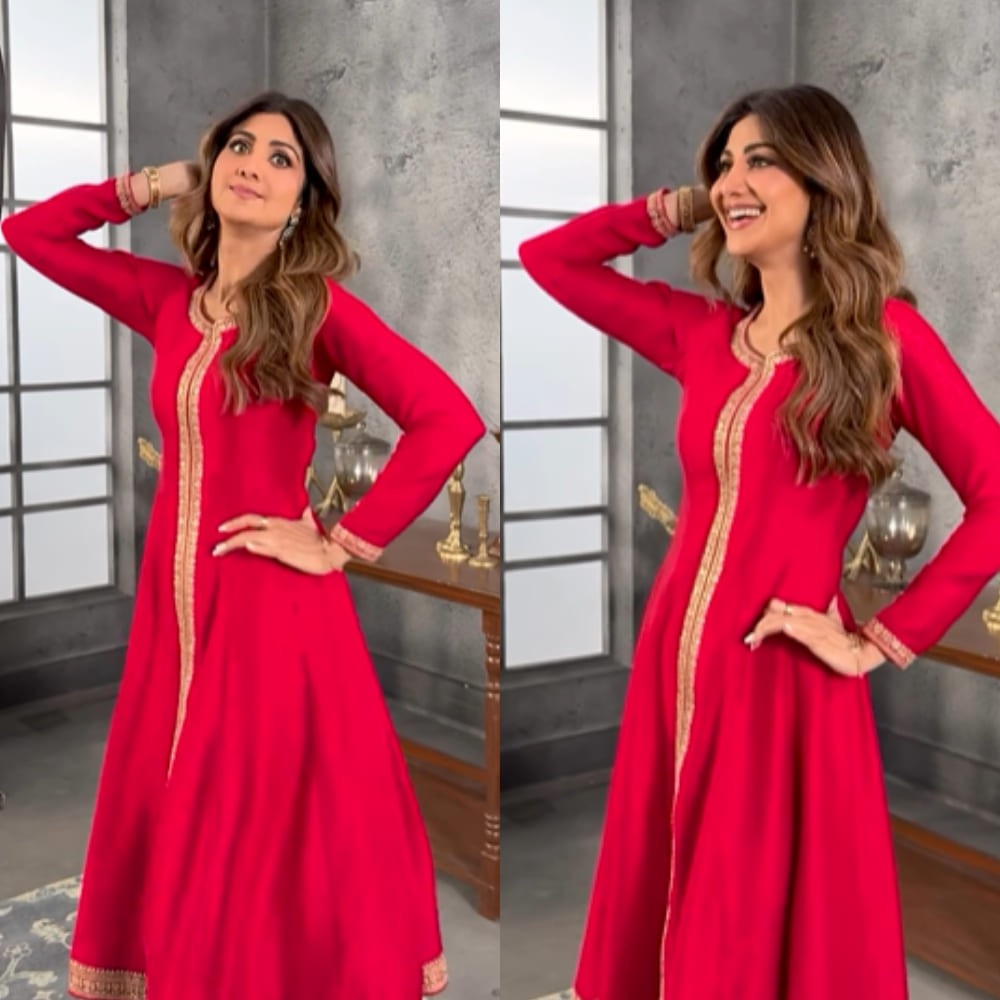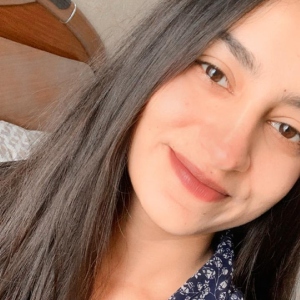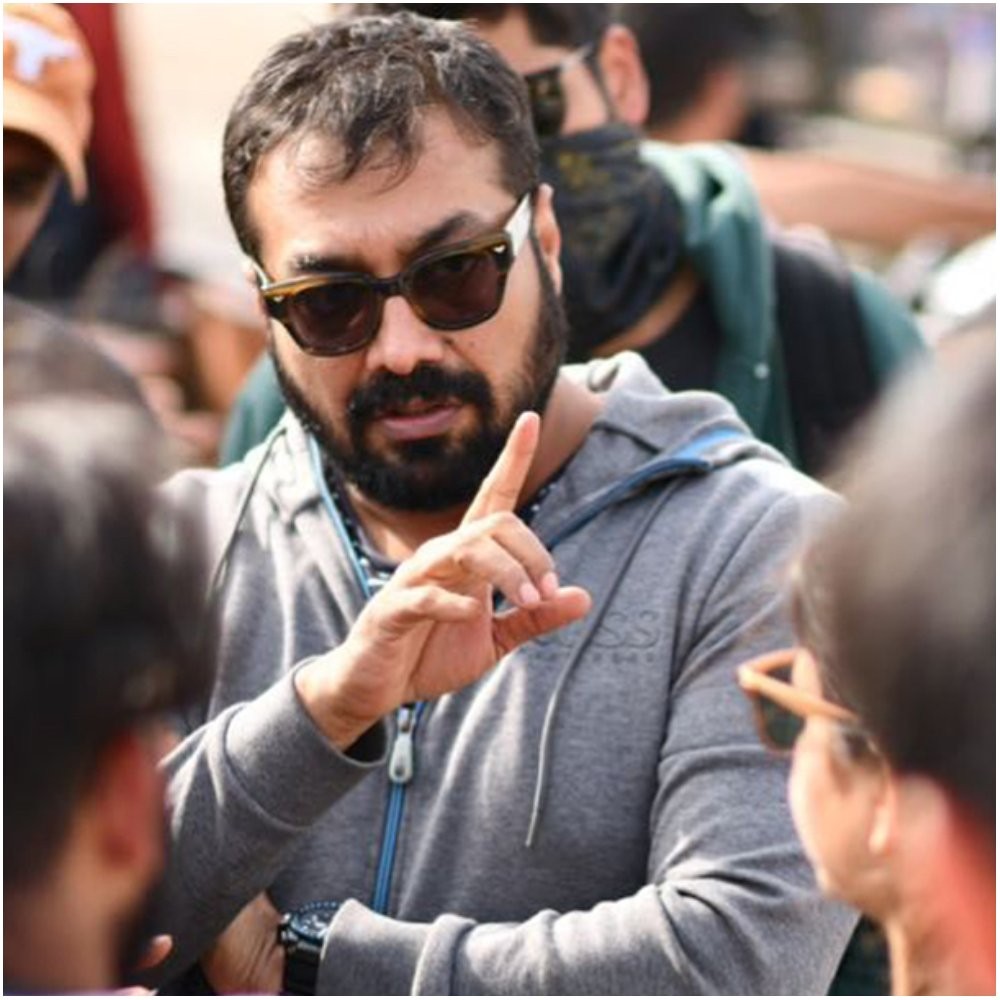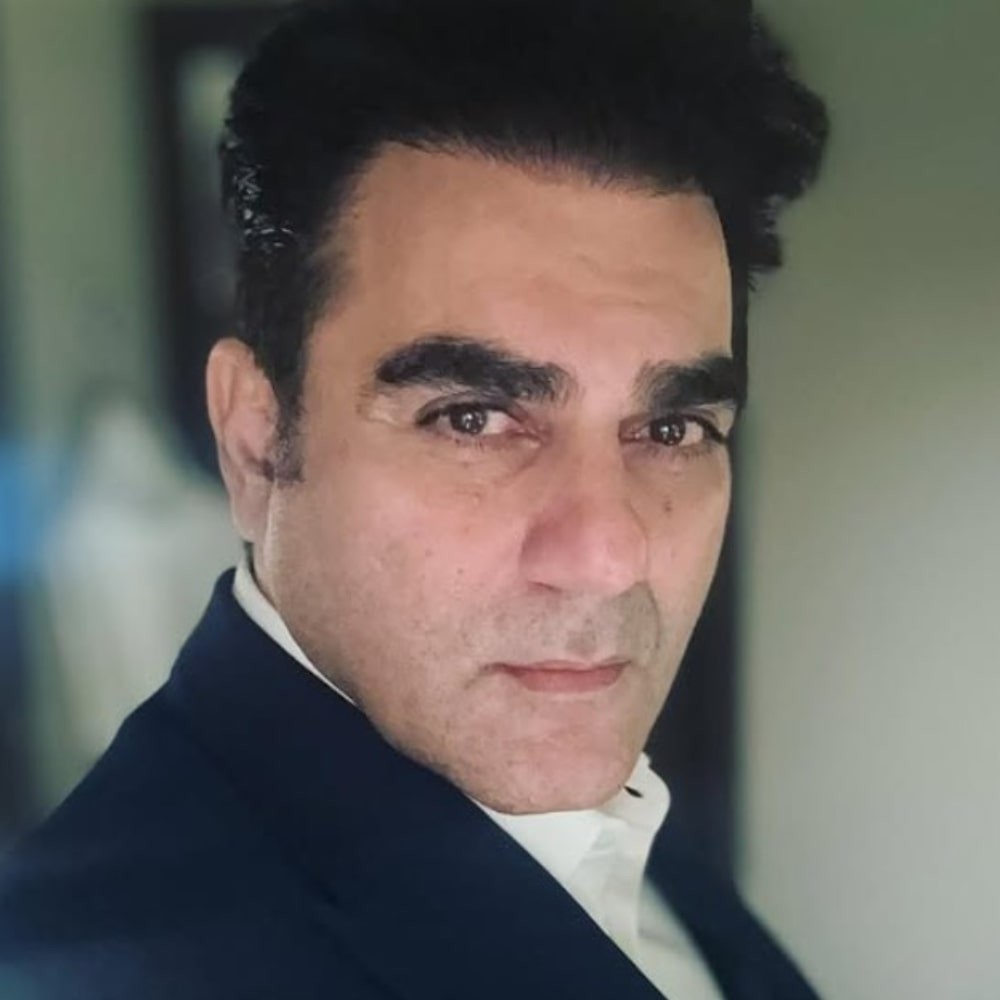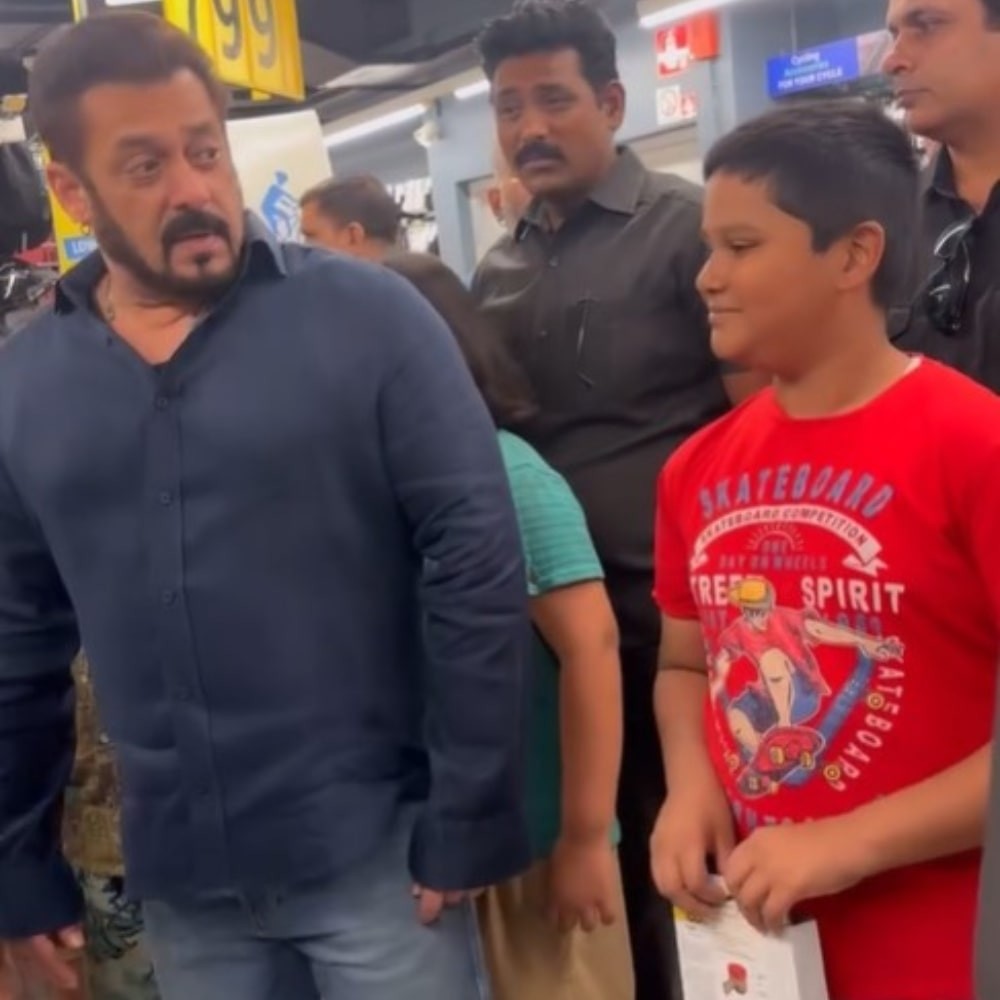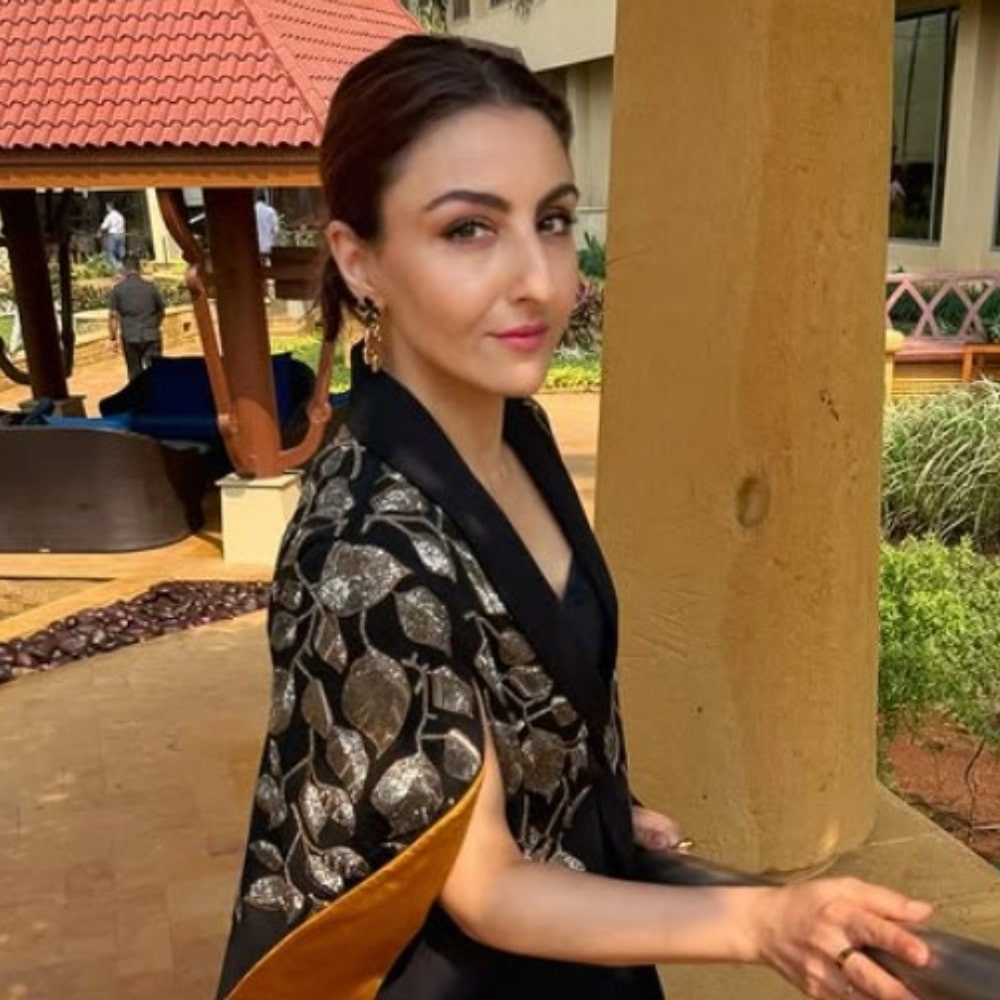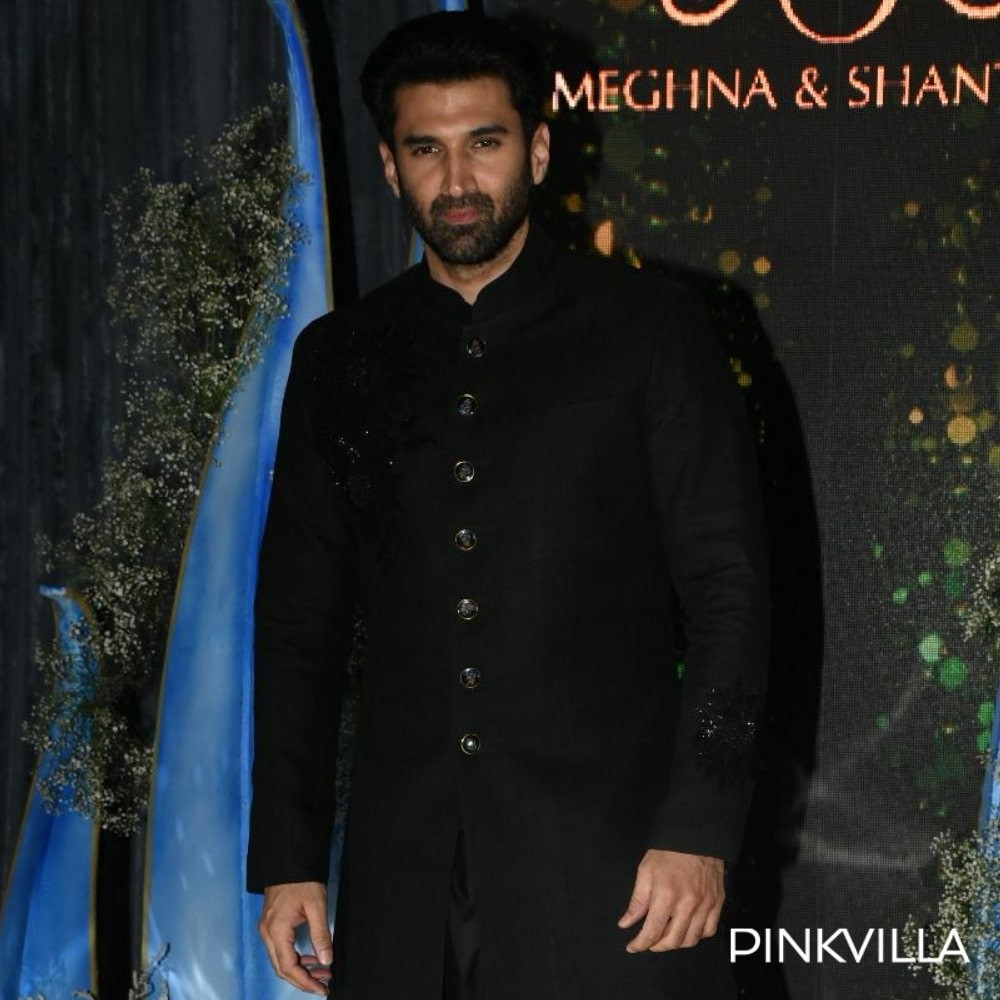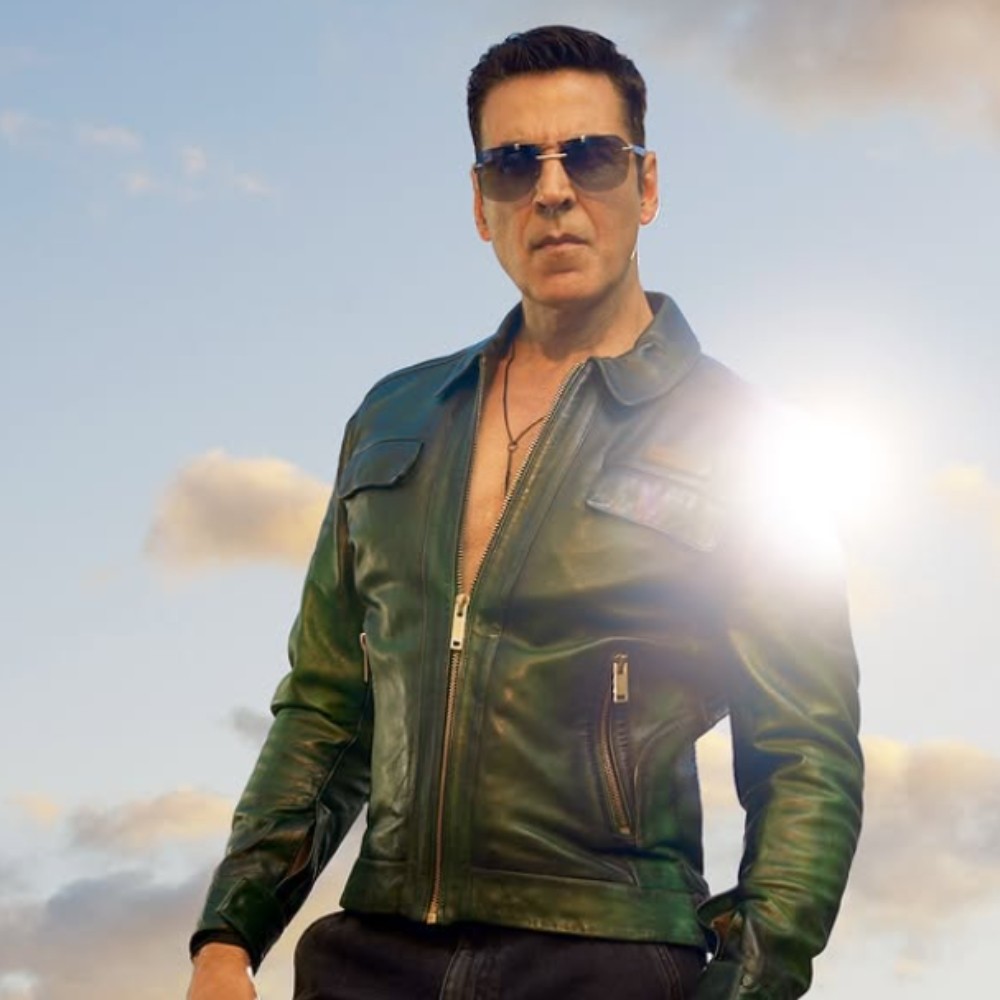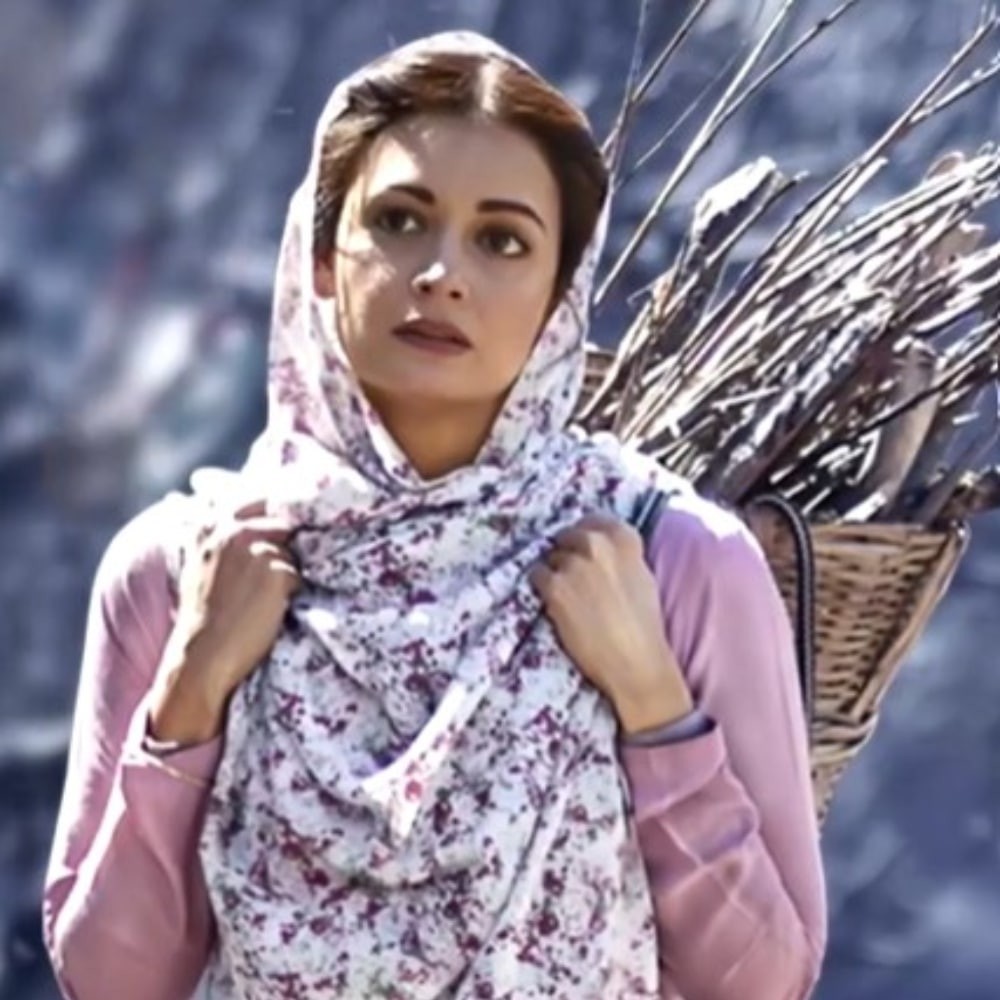Taal Re-release: Aishwarya Rai, Anil Kapoor and Akshaye Khanna starrer helped AR Rahman get recognition beyond ‘South Indian’; ‘I was no longer…’
With the re-release of Taal approaching, AR Rahman reminisced about how composing music for the film filled a significant gap in his life. Read to know the full story here!
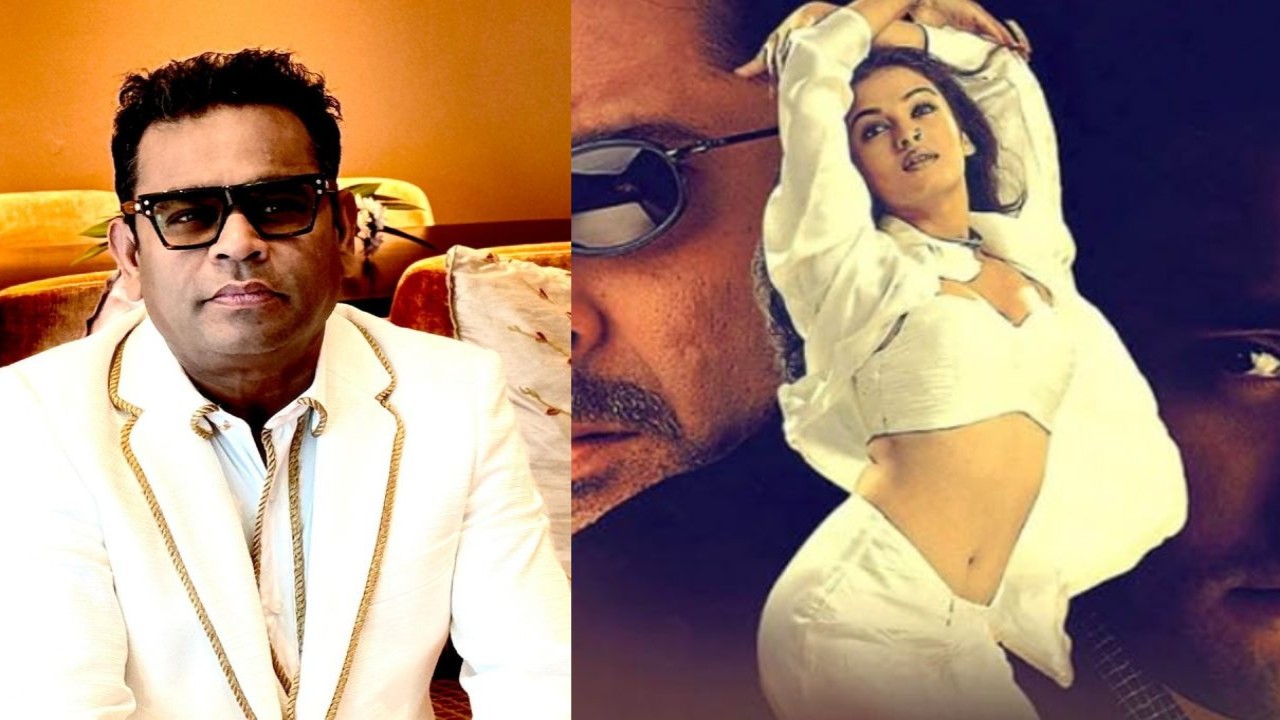
As the cult classic Taal prepares for its theatrical re-release on September 27, 2024, renowned musician A.R. Rahman reflected on how his work on Subhash Ghai's musical romance helped pave the way for his composition in Andrew Lloyd Webber's Bollywood-themed musical Bombay Dreams, which brought him international acclaim and also he was no longer called ‘South Indian, doing only Tamil music'.
Rahman, who had already gained recognition in India through his Tamil films like Roja and Bombay, mentioned that Ghai's movie allowed him to connect with a broader audience. He explained that it was the Taal soundtrack, which Kapur presented to Andrew Lloyd Webber, that led Webber to invite him to work on Bombay Dreams after hearing the songs from Taal. He said, "I was no longer called a 'South Indian, doing only Tamil music' and all that stuff".
Rahman remarked that while films like Roja and Bombay had already made significant strides, he believed there was still room to explore further, and Taal perfectly filled that gap. He noted that Amar Singh Chamkila represents pure Punjabi music and mentioned that his confidence stemmed from his work on all these films, as he shared in an interview with PTI.
Rahman shared another anecdote about how he went on to become a part of Taal. During the 1990s, the 57-year-old said everyone he met would tell him to do a Hindi film with Ghai. Rahman's first Hindi film was 1995's Rangeela, directed by Ram Gopal Varma. He recalled, "And then boom, when this fax came. I was like 'Wow, the man himself sent the fax'. He invited me to Mumbai and we hung out".
He mentioned various elements of his music and suggested ways for him to improve his Hindi. They had previously worked on a film titled Shikhar, which he launched but that ultimately did not get released.
Rahman remarked that producing the soundtrack for Taal was a relatively quick process, noting that the film allowed him to explore new musical dimensions. He mentioned that Ghai would express specific desires, such as wanting a symphony or a mountain folk song, which encouraged him to broaden his sensibilities. Rahman reflected on his background in the South, indicating his openness to discovering new possibilities in music.





 JOIN OUR WHATSAPP CHANNEL
JOIN OUR WHATSAPP CHANNEL